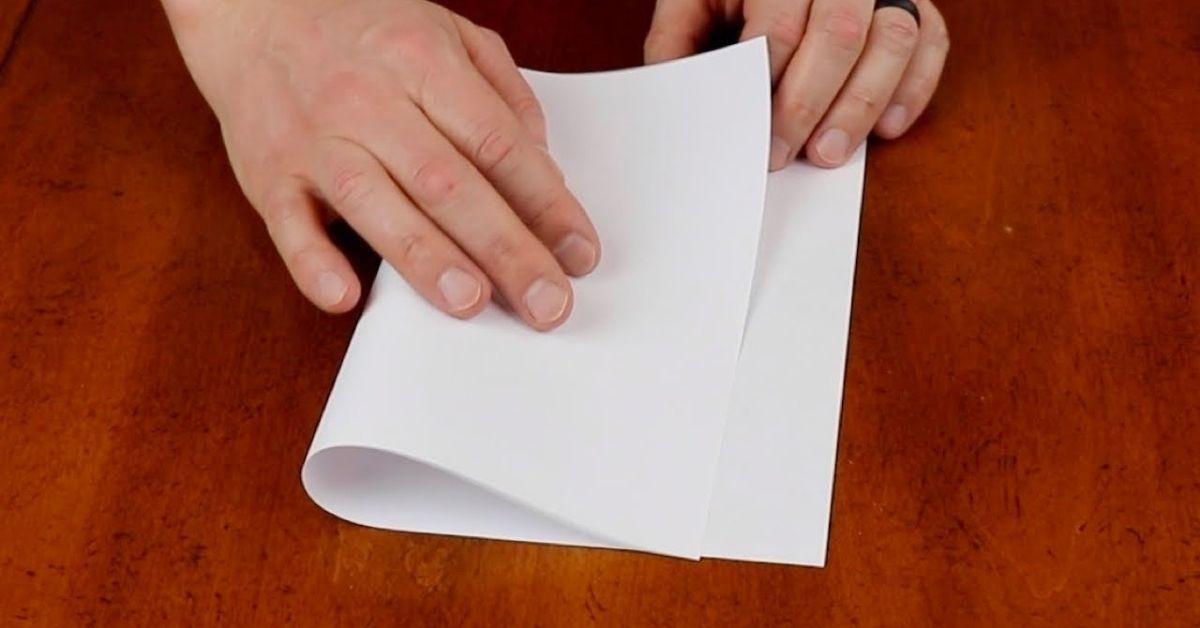
Unless you’re a comedian who specializes in self-deprecation, you probably don’t enjoy being the target of anyone’s jokes. Your mileage may vary, of course, depending on your personal threshold for ribbing. Some folks are able to laugh it off or even laugh along, perhaps believing that they can’t be the butt of the joke if they’re in on the joke. Others may feel the color rising in their cheeks at the slightest hint of ridicule, wishing for the ground to swallow them up even before the laughter dies down. But for a certain percentage of the global population, laughter is far from the best medicine. In fact, the mere sound of it can make them feel physically ill or even drive them to violence – regardless of whether or not it’s directed at them to begin with.
Gelotophobia, which takes its name from Gelos, the Greek god of laughter, can be defined as the fear of laughter. To be more specific, though, it’s the fear of being laughed at. For gelotophobes, becoming someone’s punchline is the worst thing in the world, and any kind of laughter around them is “bad laughter” that could very well be aimed at them. Hearing laughter in their immediate vicinity can cause them to tremble, feel disoriented, experience stress headaches and a sharply elevated heart rate, or perspire uncontrollably.
In severe and tragic cases, gelotophobes may feel the urge to commit violent acts; some incidents of school shootings have been attributed to this. Of course, not all gelotophobes react in such an extreme manner. Still, the fear of being laughed at can have long-term detrimental effects on a person, ranging from challenges in finding steady employment (due to the pressure of being in a confined environment full of people who may laugh at any second) to an inability to form meaningful, enduring personal relationships.
Based on the results of various surveys conducted in over 70 countries, Britain has the greatest number of gelotophobes (about 13% of the population). Meanwhile, Denmark, the Netherlands, and “countries where people are more equal” registered significantly lower cases of gelotophobia. This fear also appears to be more common in Asian countries that put a premium on honor, shame, and “saving face” in their culture.
Serious research on gelotophobia is said to have started in the late 2000s, which explains why we still know relatively little about this condition. Findings from a 2016 brain-imaging study point to increased activity in the pathways linking the prefrontal and posterior cortices of people with gelotophobia whenever they hear someone laughing or angrily shouting. This suggests that gelotophobes might process humor differently from non-gelotophobes.
Experts theorize that cultural norms, authoritarian parenting styles, and constant bullying may contribute to the development of gelotophobia. Moreover, over a third of gelotophobes may also have social anxiety. Clearly, gelotophobia is no laughing matter. Perhaps, an increased awareness of the condition may remind all of us that a bit of kindness goes a long way – especially in this age of social media one-upsmanship and internet trolling.—MF
Still remember your 5th-grade science classes? Test your knowledge and see if you still remember these facts and fundamental concepts in human anatomy, biology, botany, and other branches of science: https://www.flipscience.ph/news/features-news/features/are-you-smarter-than-a-pinoy-5th-grader-quiz/
References
- https://www.bbc.com/news/health-27323470
- https://www.scientificamerican.com/article/people-with-this-phobia-suffer-from-a-fear-of-being-laughed-at/
- https://www.mcgill.ca/oss/article/news/gelotophobia
Author: Mikael Angelo Francisco
Bitten by the science writing bug, Mikael has years of writing and editorial experience under his belt. As the editor-in-chief of FlipScience, Mikael has sworn to help make science more fun and interesting for geeky readers and casual audiences alike.






